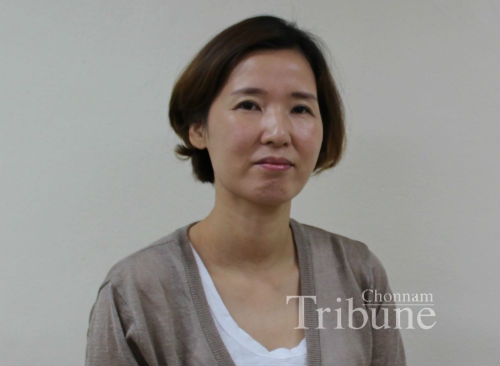
Communication has come to the fore in politics. Going through the last two presidents, Park Guen-hye and Lee Myung-bak, the public have demanded more communication and transparency in government. It is not surprising then that President Moon Jae-in is finding new ways to communicate with the public, opening up various communication channels such as Gwanghwamoon 1st Street, Twitter, and the blue house website to provide information on and responses to people’s concerns. Gwanghwamoon 1st Street, one of programs of the Citizen Advisory Committee for Presidential Transition, signaled an era of an accessible and communicative president as well as participatory democracy. President Moon’s successive government events attract extensive media coverage, and people can easily access the president’s activities through diverse channels. Yet people have different perceptions of the new ways the current administration is being responsive and transparent. In particular, the opposition parties tend to consider these events as being just for show. What is your take on it?
How, when, and how much do you like to communicate with others? The answers often depend on with whom you are communicating. Political communication targets the masses in any political system. The goal of political communication can be information exchange, propaganda, policy changes, electoral success, etc. Regardless of the goal, all communication requires two sides, which means that communication is not communication if the two parties do not respond to each other. Communicating in such a way to provoke a reaction from the other side is important. Political communication in a democratic system is particularly critical for both the government and the electorate. The government needs to inform the masses of government activities, and the people should hold the government accountable based on the information shared. Thanks to the Internet, people today can share a considerable amount of information, but the government still controls the information. The greater the information asymmetry between the government and the public, the less transparent the government is, which hinders people from crediting or blaming politicians for their political decisions. One explanation for why people continue to reelect corrupt politicians is the lack of “clarity of responsibility.” The electorate is unable to unseat corrupt politicians because some political institutions make it difficult to pin down responsibility. However, it is not only political institutions, but also the willingness of the government to share information that determines whether people are enabled to vote appropriately.
Therefore, I think it is a generally good and politically smart thing for the current administration to seek to communicate with the public. The administration has tried to be informative and entertaining, thereby attracting more audiences than any presidential media in history. As mentioned, any type of communication should engage the other party, the public, in the political discussion. People use a heuristic approach or short-cut to obtain information. Therefore, finding a simple and easy way to make people understand and react is a key for effective political communication. Music in particular is a big part of effective communication, setting the tone while moving people. A good example is the use of four Korean pop songs—“Wild Flower,” “Exhausted,” “Don’t Worry,” and “Uphill Road”—during President Moon Jae-in’s first hundred days in office. Frequent communication with the public (so-called going public) is also a very smart move as the president’s party does not hold the majority in the legislative body. If the president neither sees the possibility of cooperation from, nor has something to bargain with when dealing with the opposition parties, the only way to achieve his policy goals is to appeal to the public, who in turn put pressure on their National Assembly members.
The opposition parties consider all the presidential events as showing off (“show-tong”). However, the government is not seeking to satisfy the opposition parties, but rather the public. Furthermore, the public is not foolish enough to be fooled by government propaganda as a series of candlelight protests against President Park Guen-hye illustrated. The diversity of the media also makes it quite difficult for the government to control and manipulate information. It will and has to be the people who allow or stop such political communication just as they make their own everyday decisions.

